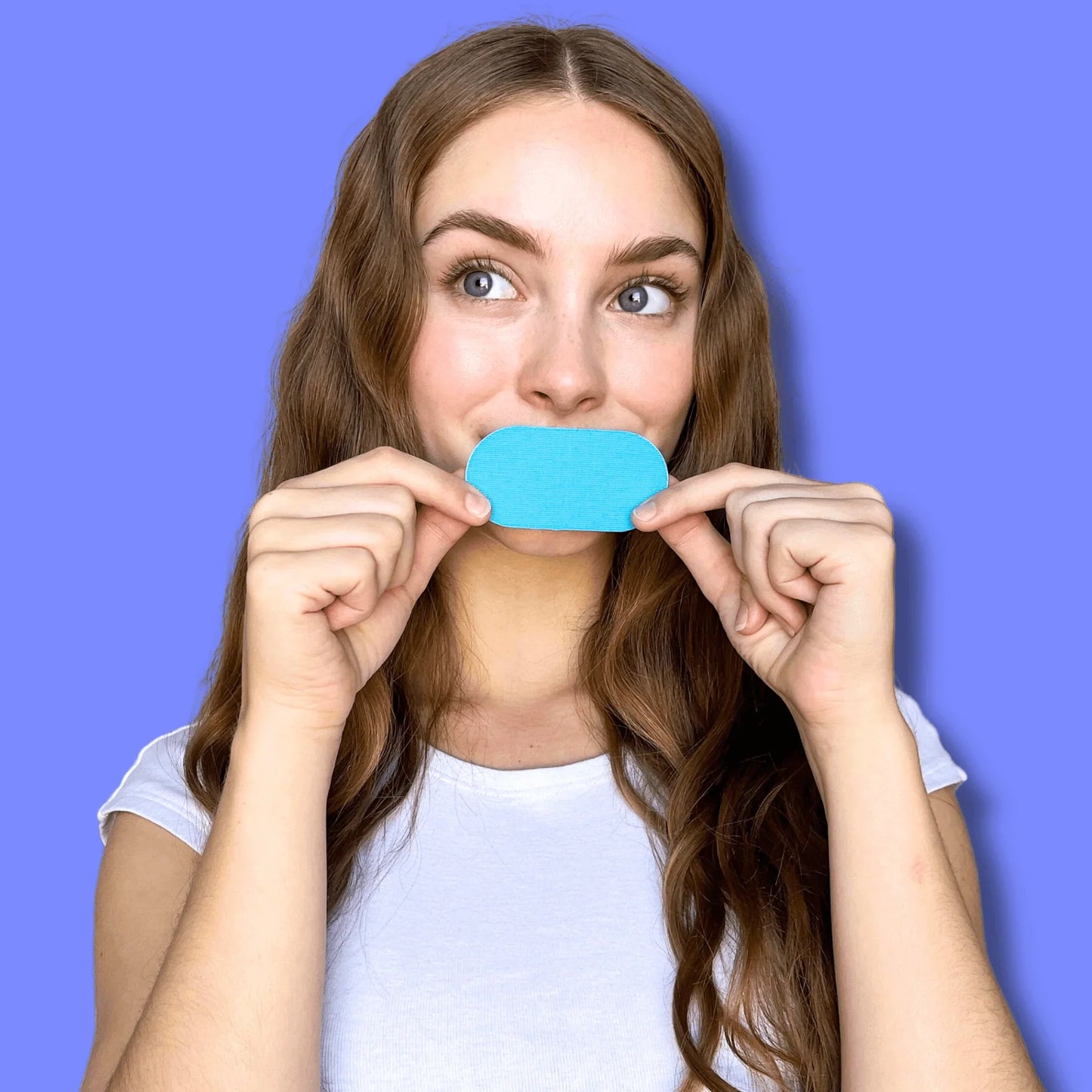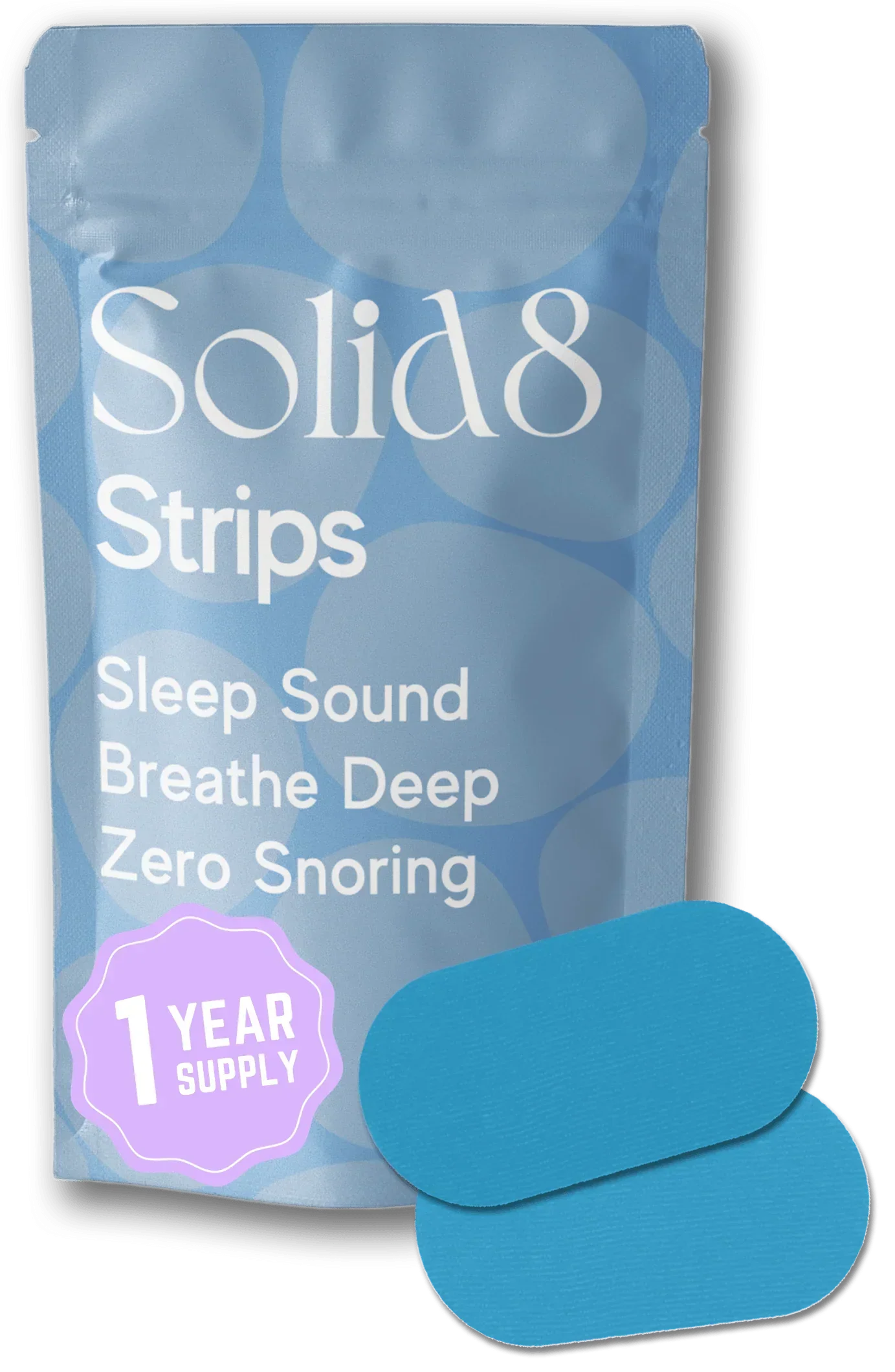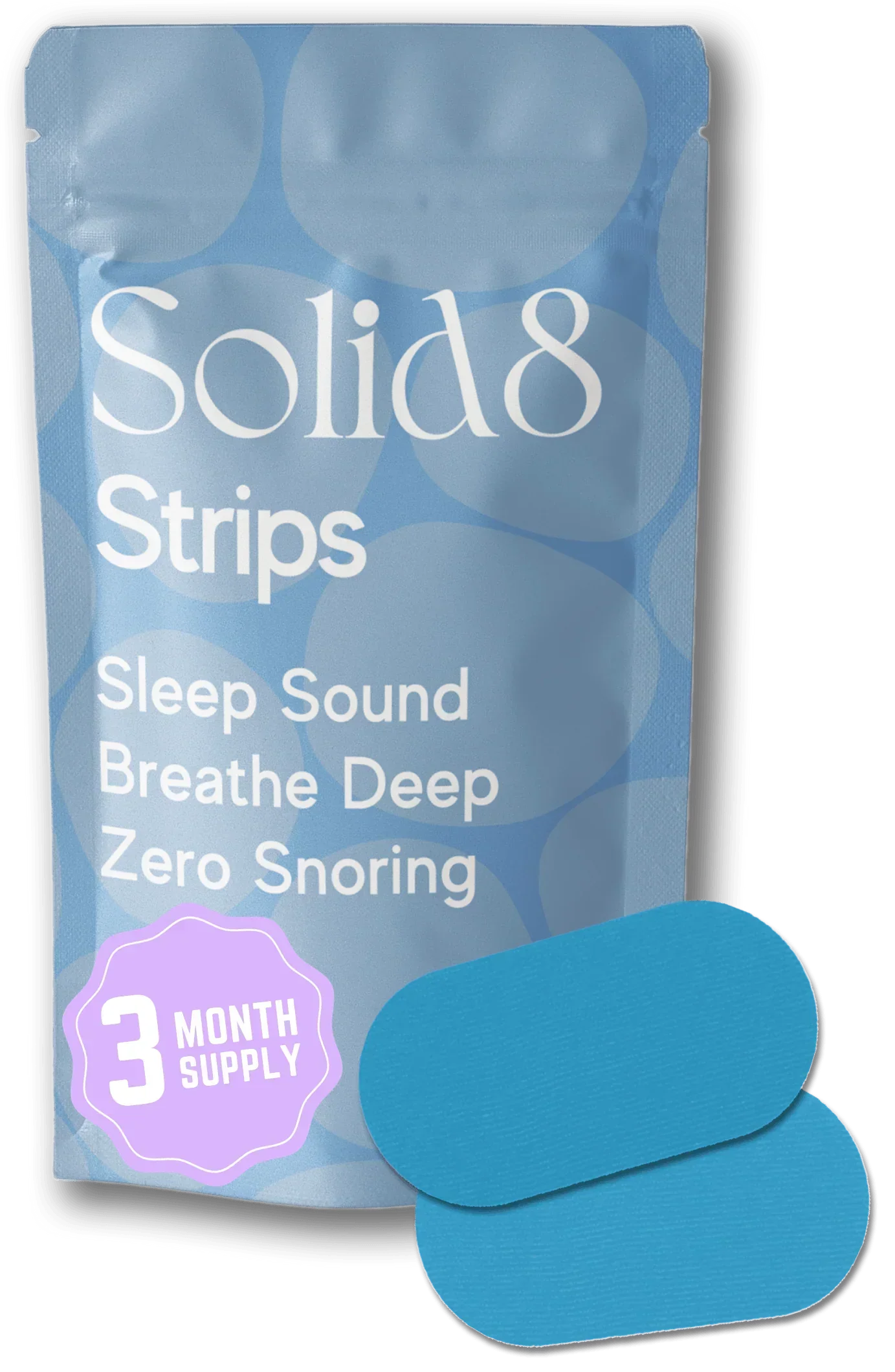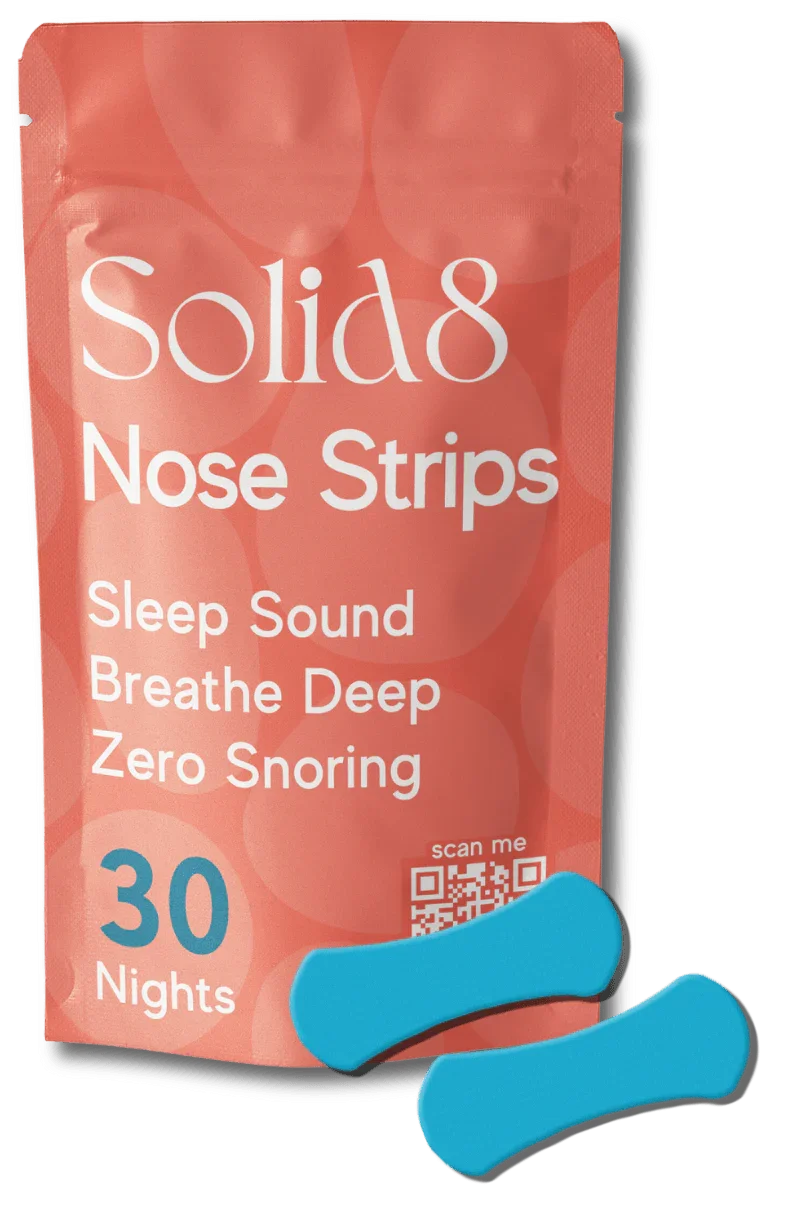
Mouth Taping for Athletes: Boost Sleep, Enhance Performance?
Share
Sleep is crucial for athletes looking to perform at their best. Recently, a technique called mouth taping has gained attention as a potential way to improve sleep quality. Let's explore how this practice might impact athletic performance and what you need to know before trying it.
Key Takeaways
Mouth Taping for Athletes
- Encourages nasal breathing during sleep
- May reduce snoring
- Potential to improve sleep quality
- Some athletes report benefits
- Limited scientific evidence
- Use proper tape and technique
- Consult doctor before trying
What is Mouth Taping?
Mouth taping involves placing a small piece of special tape over your lips before bed. The idea is to keep your mouth closed, forcing you to breathe through your nose all night. Proper mouth taping technique is important for safety and effectiveness.
There are different types of tape made for this purpose. They're designed to be gentle on your skin and easy to remove in the morning. The adhesive used is typically hypoallergenic to minimize the risk of skin irritation. It's crucial to use tape specifically designed for mouth taping, as regular household tape can be too strong and potentially harmful.
Potential Benefits for Athletes
Supporters of mouth taping claim it can lead to better sleep quality. This might help athletes recover faster and feel more refreshed. Some studies suggest a link between mouth taping and improved sleep, but more research is needed.
Other possible benefits include:
- Less snoring
- Better breathing through your nose
- Increased nitric oxide production (which might help blood flow)
- Reduced dry mouth and throat irritation
- Improved dental health by reducing mouth breathing
For athletes, these potential benefits could translate to improved recovery, better endurance, and overall enhanced performance. However, it's important to note that individual experiences may vary, and the effects of mouth taping can differ from person to person.
The Science: What We Know (and Don't Know)
While some athletes swear by mouth taping, the scientific evidence is still limited. A few small studies have looked at how it affects things like oxygen levels in the blood and breathing patterns during sleep. But we need more research to fully understand its impact on athletic performance.
Some scientists think breathing through your nose at night might help your body produce more nitric oxide. This could potentially improve blood flow and oxygen delivery to your muscles. However, this idea needs more testing to be sure.
Current research has shown promising results in areas such as:
- Reduced snoring intensity and frequency
- Improved oxygen saturation during sleep
- Better sleep quality as reported by participants
However, larger, long-term studies are needed to confirm these findings and explore the specific impacts on athletic performance. It's also important to note that mouth taping may not be suitable for everyone, particularly those with certain medical conditions or sleep disorders.
Solid8 Mouth Tape Options
If you're curious about trying mouth tape, Solid8 offers large discounts on their subscriptions:
Solid8 Tape Year Supply
- Price: $190.00
- 360 tapes (1 year supply)
- $.52 per night
- Flexible fabric, hypoallergenic adhesive
- Works with beards and CPAP machines
- Free shipping in the US
Solid8 Subscription (3 Month Supply)
- Price: $55.00
- 90 tapes (3 month supply)
- $.61 per night
- Same features as the year supply
Using Mouth Tape Safely
If you want to try mouth taping, it's important to do it safely. Follow these steps:
- Use tape designed for this purpose (not regular tape)
- Start with a small piece of tape
- Make sure you can breathe easily through your nose
- Remove the tape if you feel uncomfortable
- Begin by wearing the tape for short periods during the day to get used to the sensation
- Ensure your nasal passages are clear before applying the tape at night
- Keep a journal to track any changes in your sleep quality or athletic performance
Some people shouldn't use mouth tape, including those with:
- Breathing problems
- Allergies that block your nose
- Sleep apnea (unless approved by a doctor)
- Deviated septum or other nasal obstructions
- Skin sensitivities or allergies to adhesives
What Athletes Are Saying
"I've been using mouth tape for a month, and I feel like I'm sleeping better. I wake up feeling more refreshed and ready for my morning workouts."
While some athletes report positive experiences, remember that everyone is different. What works for one person might not work for another. Some athletes have reported improvements in their sleep quality, reduced snoring, and feeling more energized during training. Others have noted that it took some time to adjust to the sensation of mouth taping.
Other Ways to Improve Sleep
Mouth taping isn't the only way to try and boost your sleep quality. Here are some other options:
- Nasal strips to help open your airways
- Good sleep habits (regular bedtime, cool dark room, etc.)
- Relaxation techniques before bed
- Limiting screen time before sleep
- Creating a sleep-friendly environment with comfortable bedding and minimal noise
- Maintaining a consistent sleep schedule, even on weekends
- Avoiding caffeine and heavy meals close to bedtime
Wrapping Up: Is Mouth Taping Right for You?
Mouth taping is an interesting idea that some athletes are trying to improve their sleep and performance. While there might be benefits, we still need more research to know for sure. If you're thinking about giving it a try, talk to your doctor first. They can help you decide if it's safe for you and suggest other ways to get better sleep.
Remember, good sleep is just one part of being a great athlete. A balanced diet, proper training, and recovery are all important too. Explore other sleep products that might help you reach your athletic goals.
Ultimately, the decision to try mouth taping should be based on your individual needs, health status, and comfort level. It's not a one-size-fits-all solution, and what works for one athlete may not work for another. If you do decide to try mouth taping, start slowly, monitor your progress, and be prepared to adjust or stop if you experience any discomfort or negative effects.
As with any change to your sleep routine or training regimen, patience and consistency are key. It may take some time to notice any potential benefits, so give it a fair trial period before drawing conclusions. And always prioritize your health and safety above all else in your pursuit of athletic excellence.








